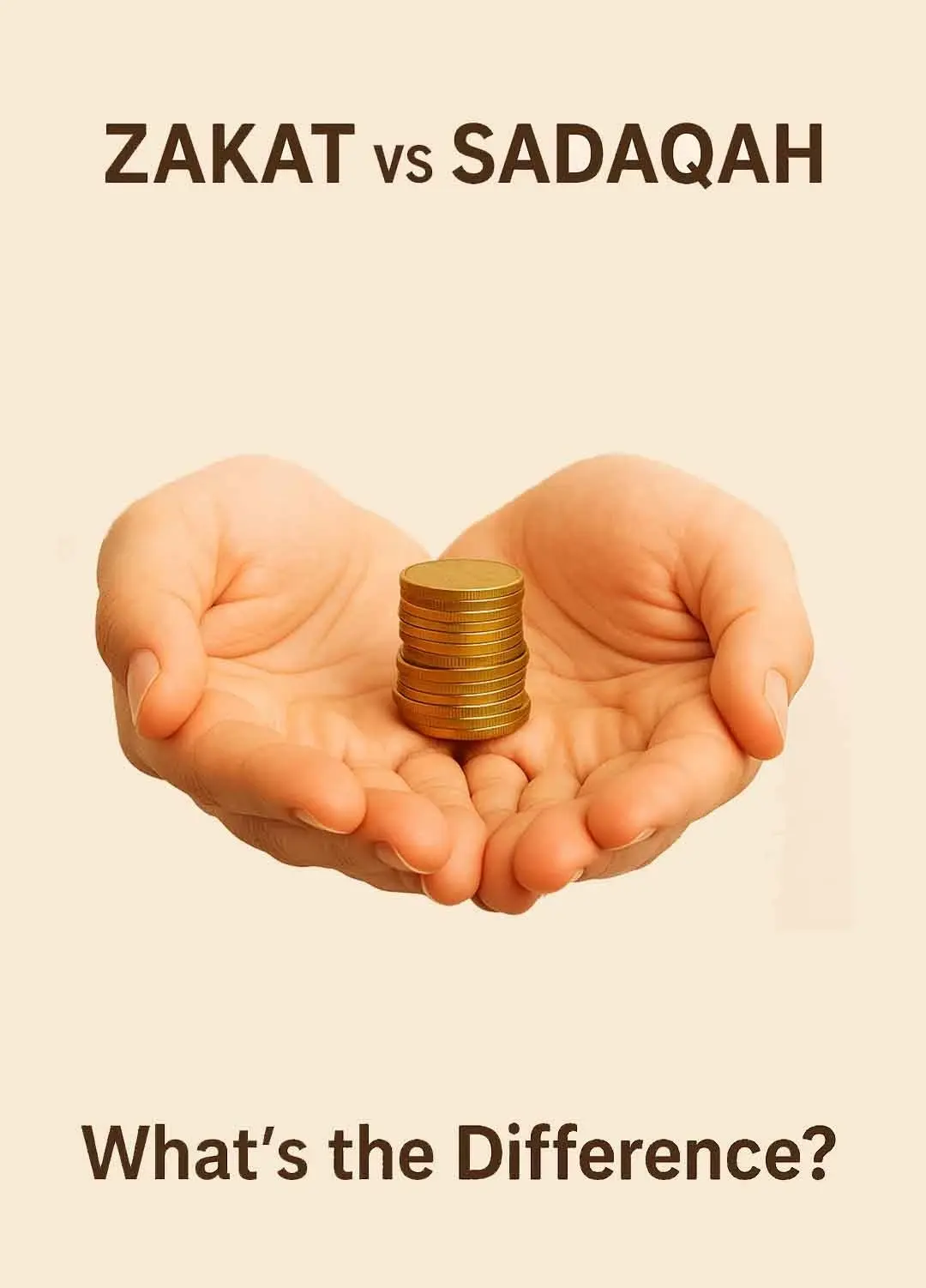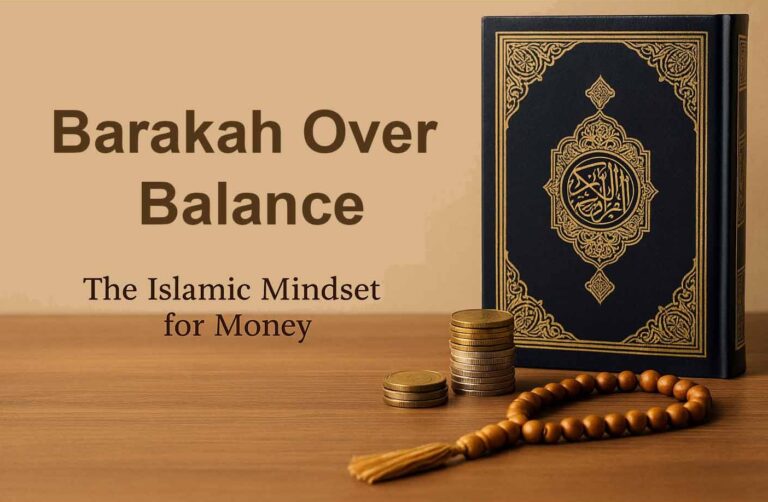Zakat vs Sadaqah
Zakat vs Sadaqah: What’s the Difference?
Giving in charity is one of the most emphasized acts in Islam. However, Muslims often wonder about the difference between Zakat and Sadaqah. Though both are forms of charity, they serve distinct purposes in a believer’s life.
🌙 What is Zakat?
Zakat is one of the Five Pillars of Islam. It is a mandatory form of charity that purifies wealth and ensures economic justice in society. Every eligible Muslim is required to pay 2.5% of their surplus wealth annually if it reaches the Nisab threshold. The Quran specifies eight categories of people who can receive Zakat, including the poor, the needy, and those in debt (Surah At-Tawbah 9:60).
🌿 What is Sadaqah?
Sadaqah, on the other hand, is a voluntary act of charity. It can be given at any time, in any amount, and in many forms—not only money. Even a smile, a kind word, or removing harm from the road is considered Sadaqah. Unlike Zakat, there are no specific conditions or recipients; it is purely an act of goodwill and compassion.
📌 Key Differences Between Zakat and Sadaqah
- Obligation: Zakat is obligatory; Sadaqah is voluntary.
- Amount: Zakat has fixed rules (2.5% of eligible wealth); Sadaqah has no set amount.

💡 Why Both Matter
Together, Zakat and Sadaqah create balance in society. Zakat ensures wealth circulation and support for the vulnerable, while Sadaqah nurtures a culture of kindness, empathy, and continuous charity. A Muslim’s financial and spiritual growth is enriched by practicing both.
“The believer’s shade on the Day of Resurrection will be his charity.” (Hadith – Tirmidhi)





